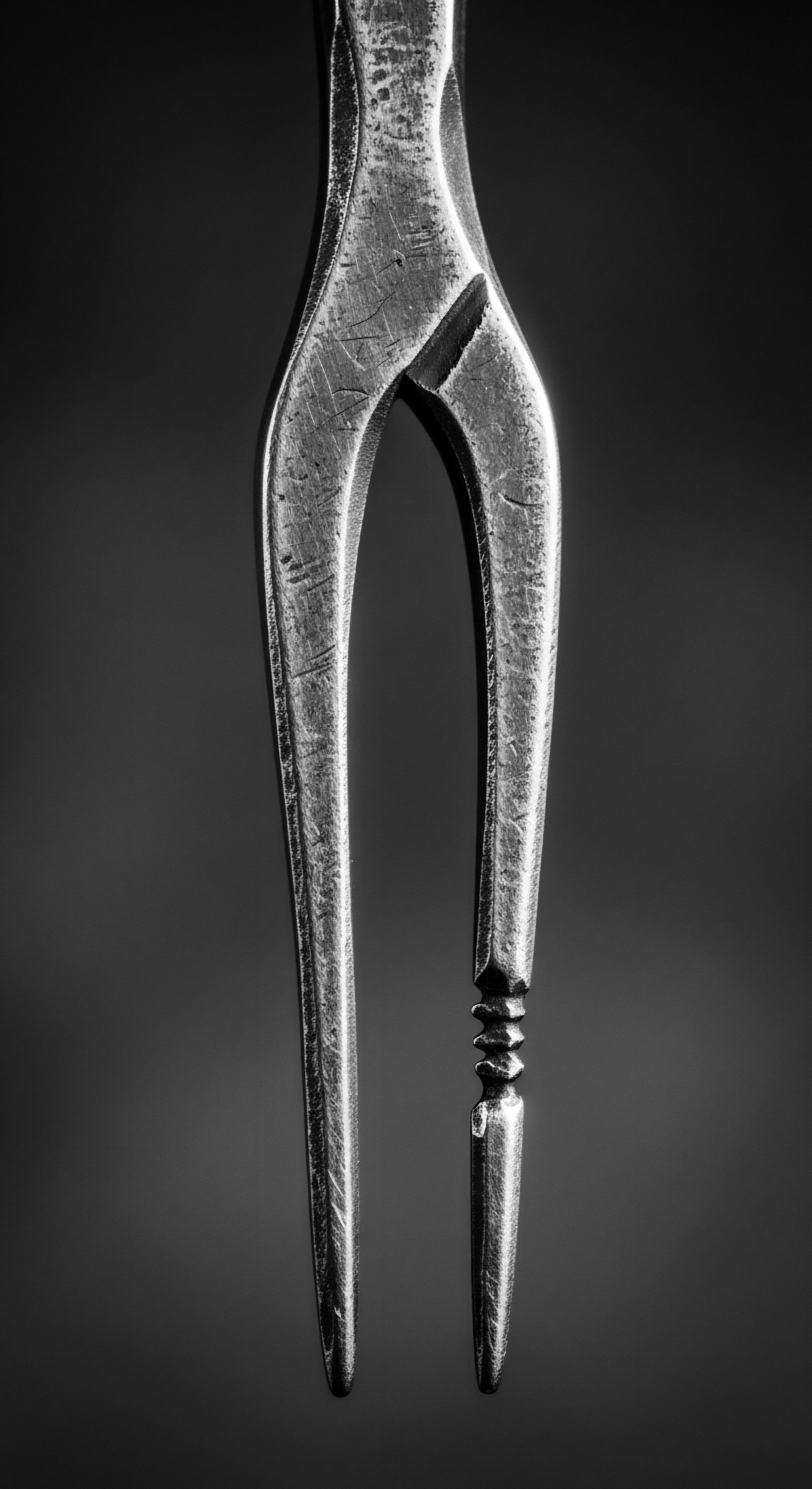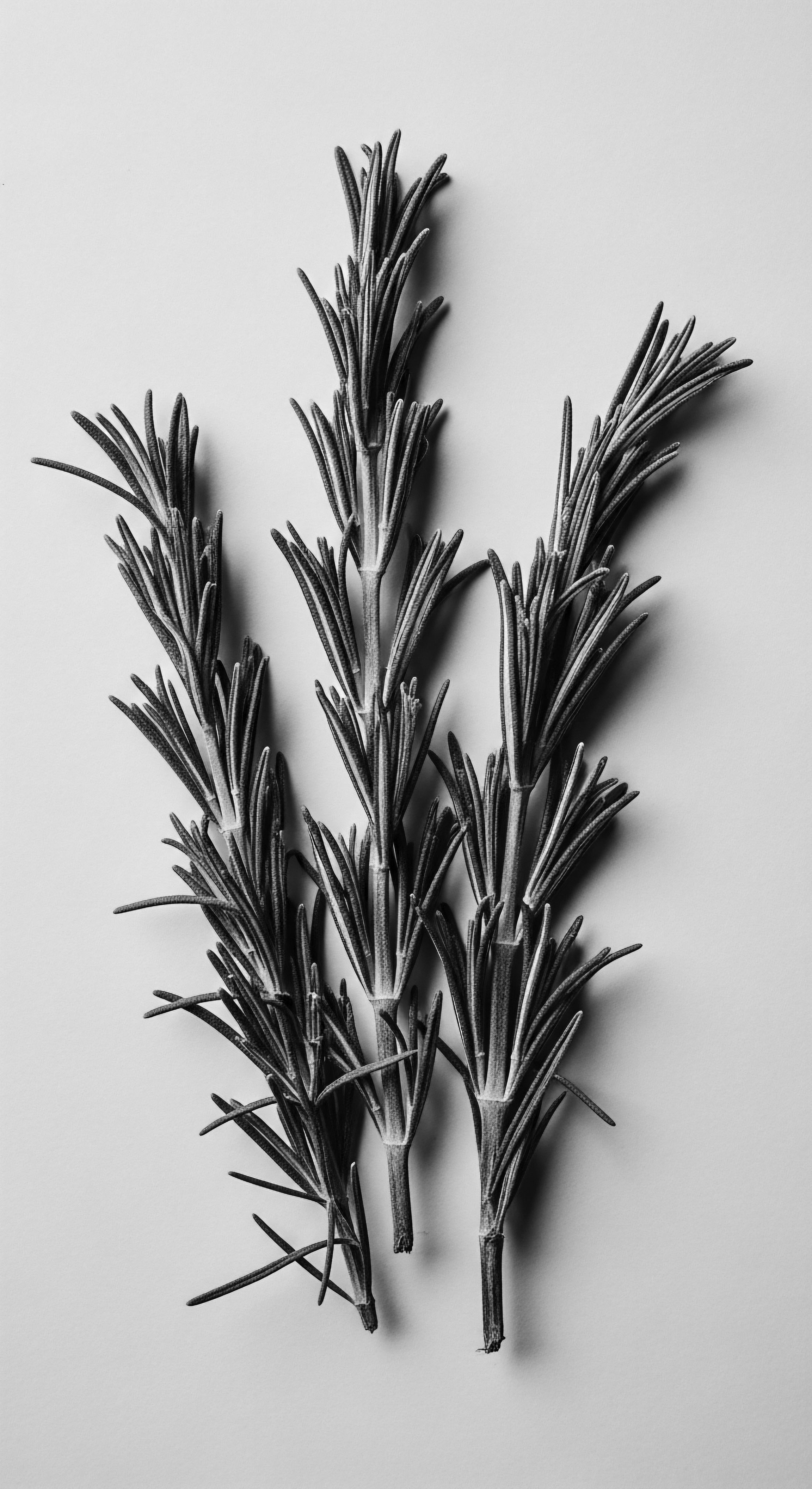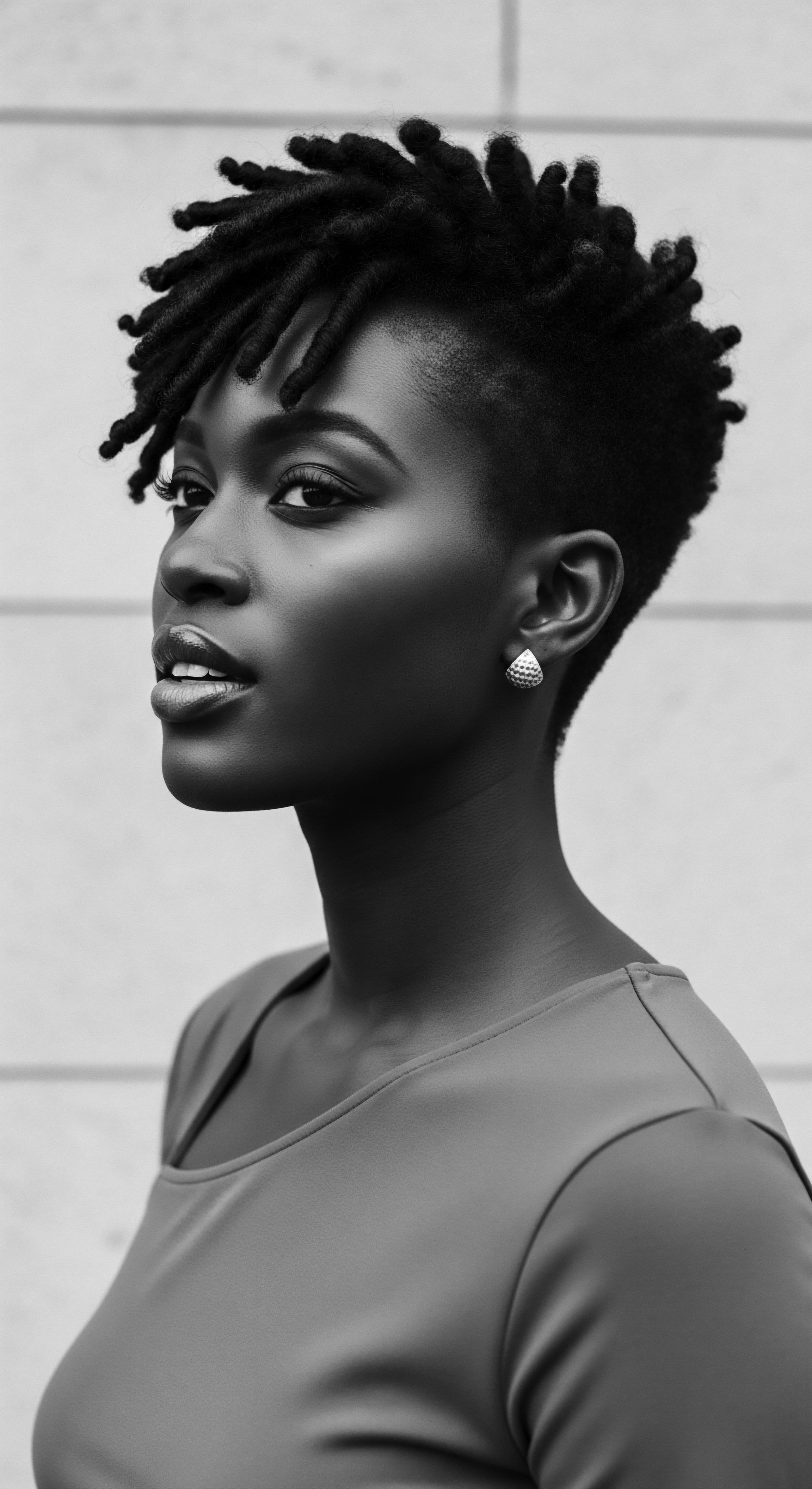
What Historical Cleansing Agents Removed Hard Water Deposits from Textured Hair?
Ancestral practices used natural acids from plants and earth-based clays to remove mineral deposits from textured hair, honoring its heritage.
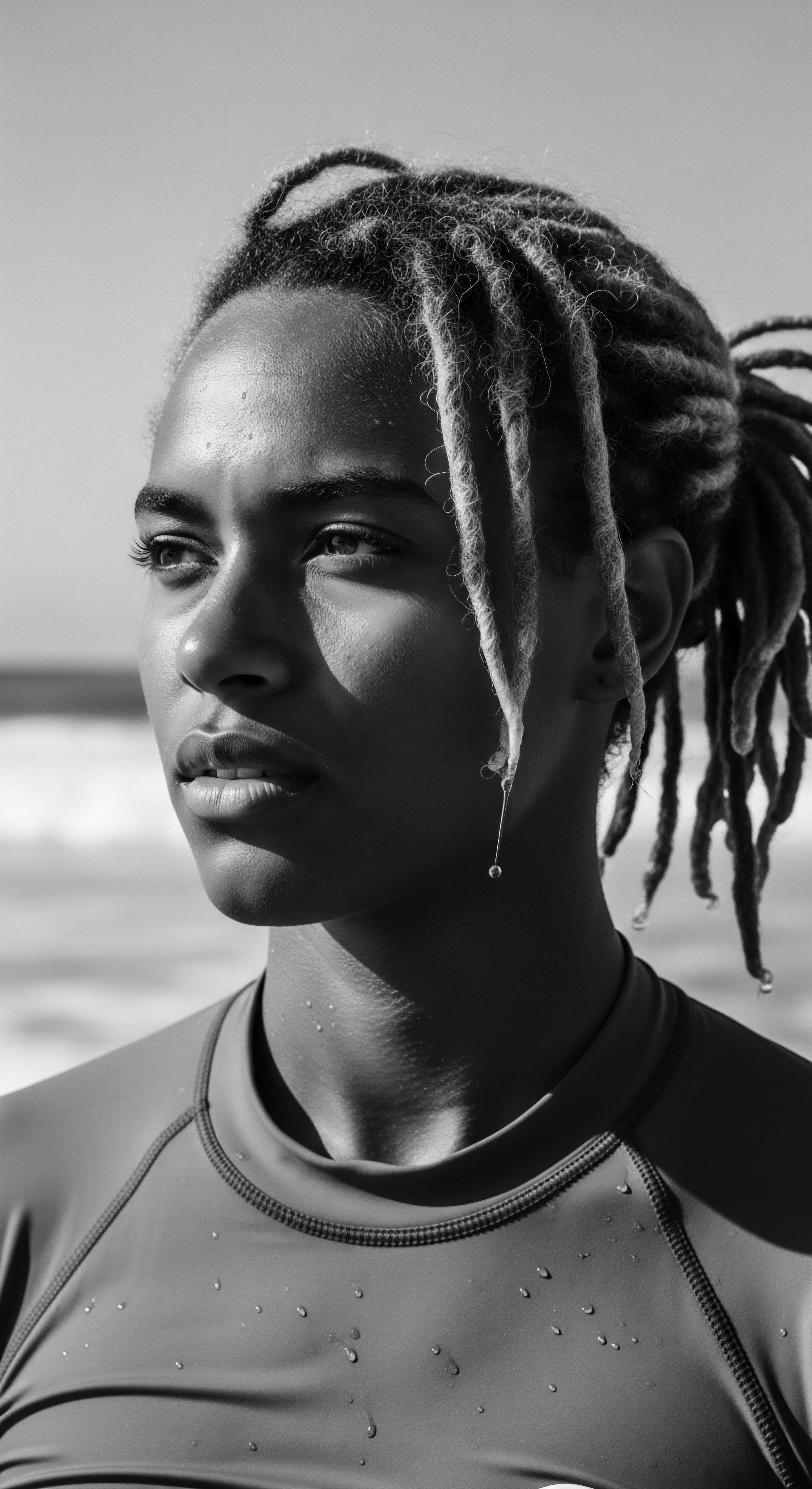
Water Cleaning
Meaning ❉ Water Cleaning involves the purification and hydration of textured hair, deeply rooted in ancestral practices and the unique structural needs of curls, coils, and kinks.
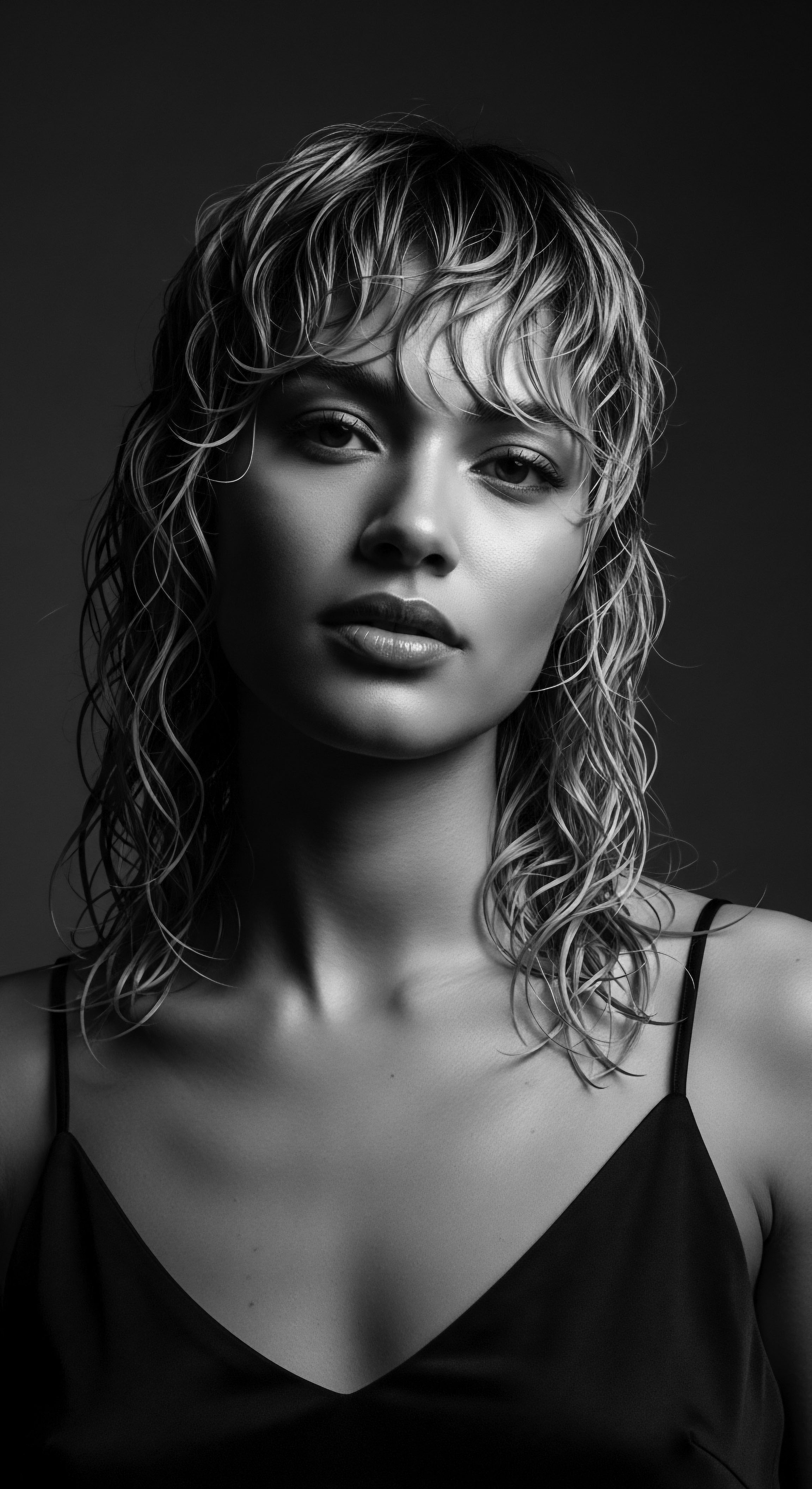
Water Hair Care
Meaning ❉ Water Hair Care defines the intentional use of water as the primary hydration and manipulation agent for textured hair, rooted deeply in ancestral practices and cultural identity.
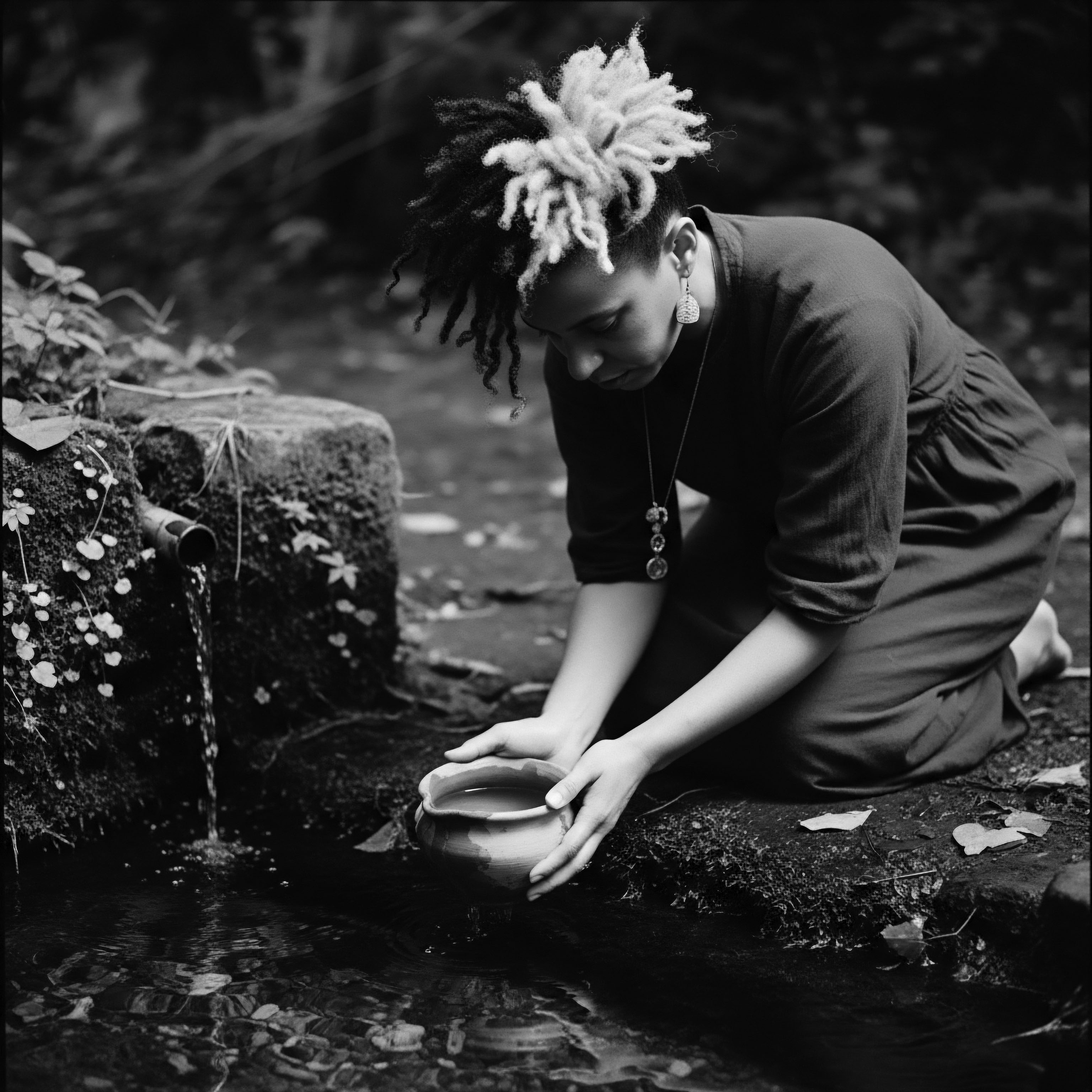
Why Do Modern Textured Hair Routines Prioritize Water?
Modern textured hair routines prioritize water to honor ancestral heritage, recognizing its biological and cultural role in vitality and preservation.
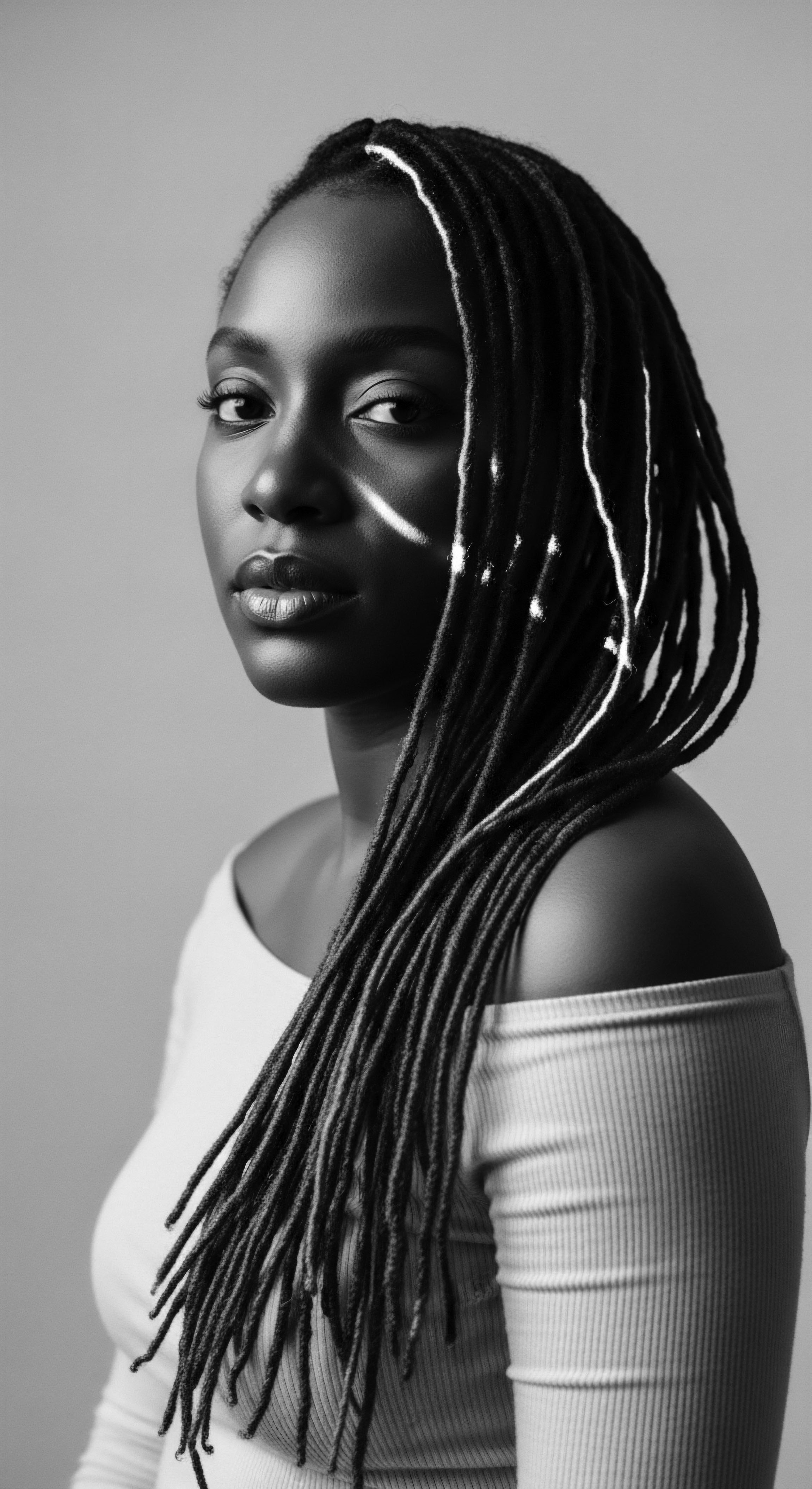
How Do Hard Water Minerals Attach to Textured Hair?
Hard water minerals bind to textured hair's negatively charged, porous surface, a challenge ancestrally met with protective oils and acidic rinses.
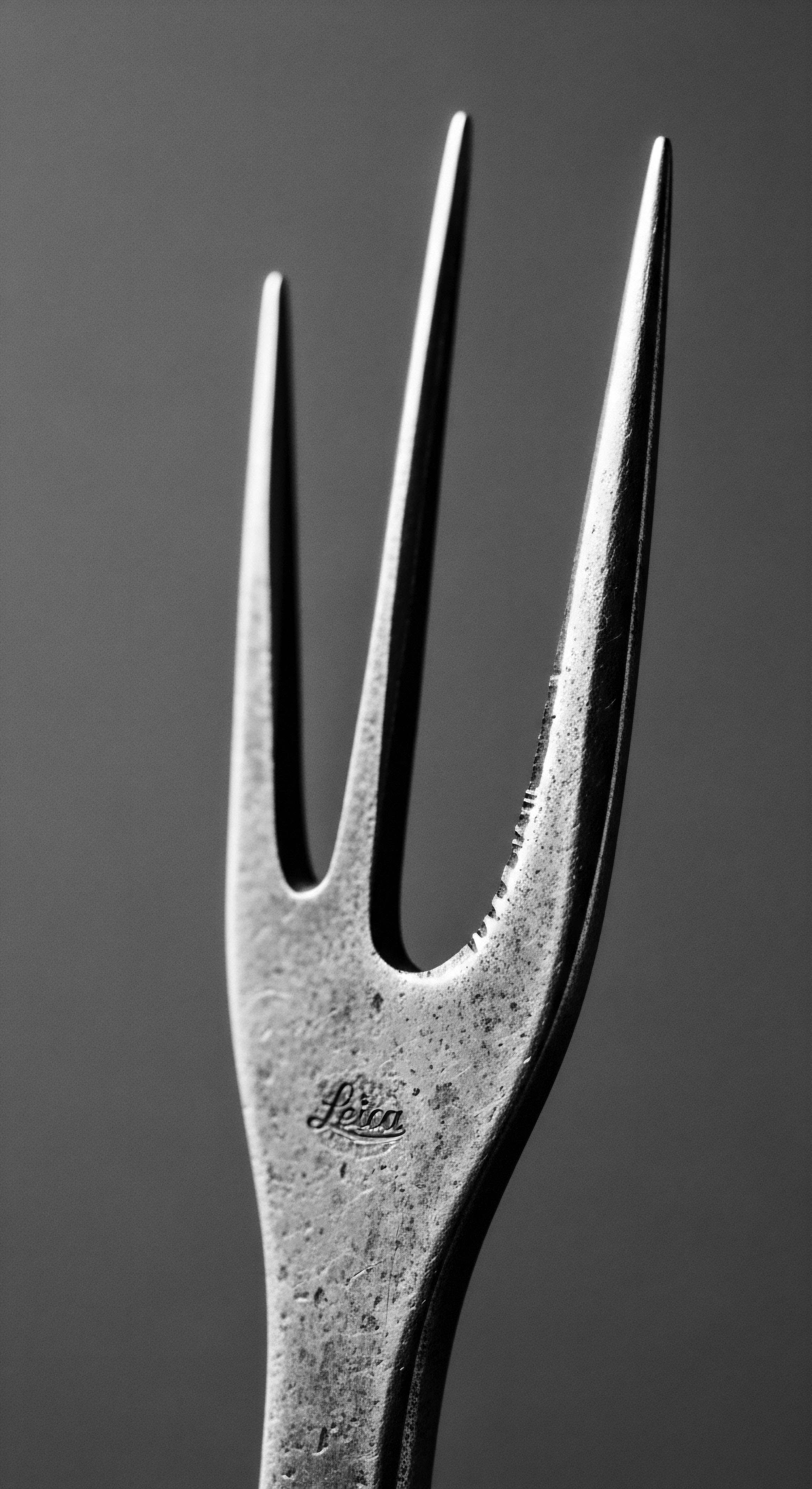
How Does Hard Water Impact Textured Hair?
Hard water minerals coat textured hair, reducing moisture absorption and manageability, a challenge historically addressed through ingenious ancestral practices.
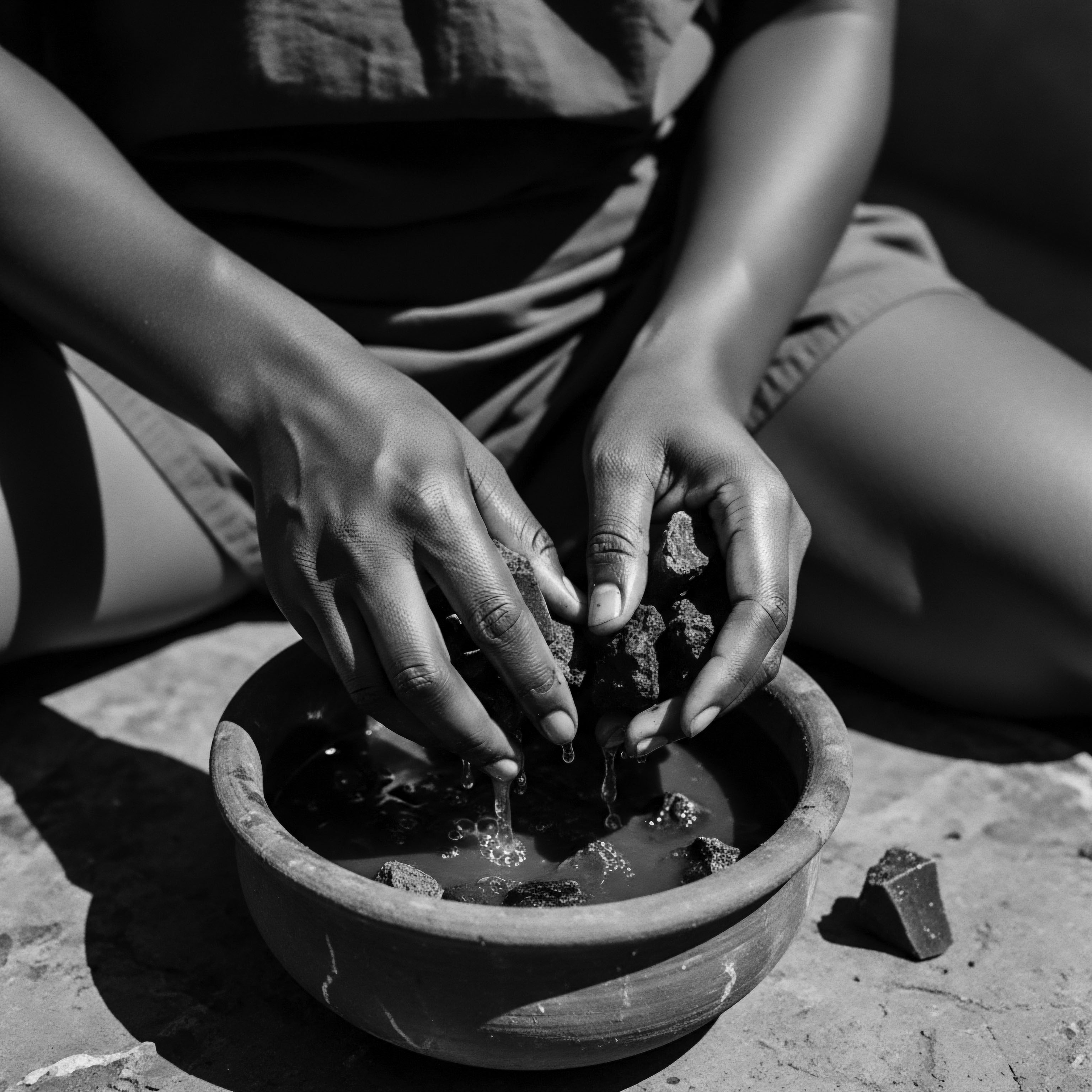
Environmental Damage Hair
Meaning ❉ Environmental Damage Hair refers to the degradation of hair's structure and vitality caused by external factors like sun, pollution, and water.

Does Hard Water Affect Porous Textured Hair Differently?
Hard water significantly exacerbates dryness and damage for porous textured hair due to mineral buildup, a challenge historically met with adaptive ancestral practices.
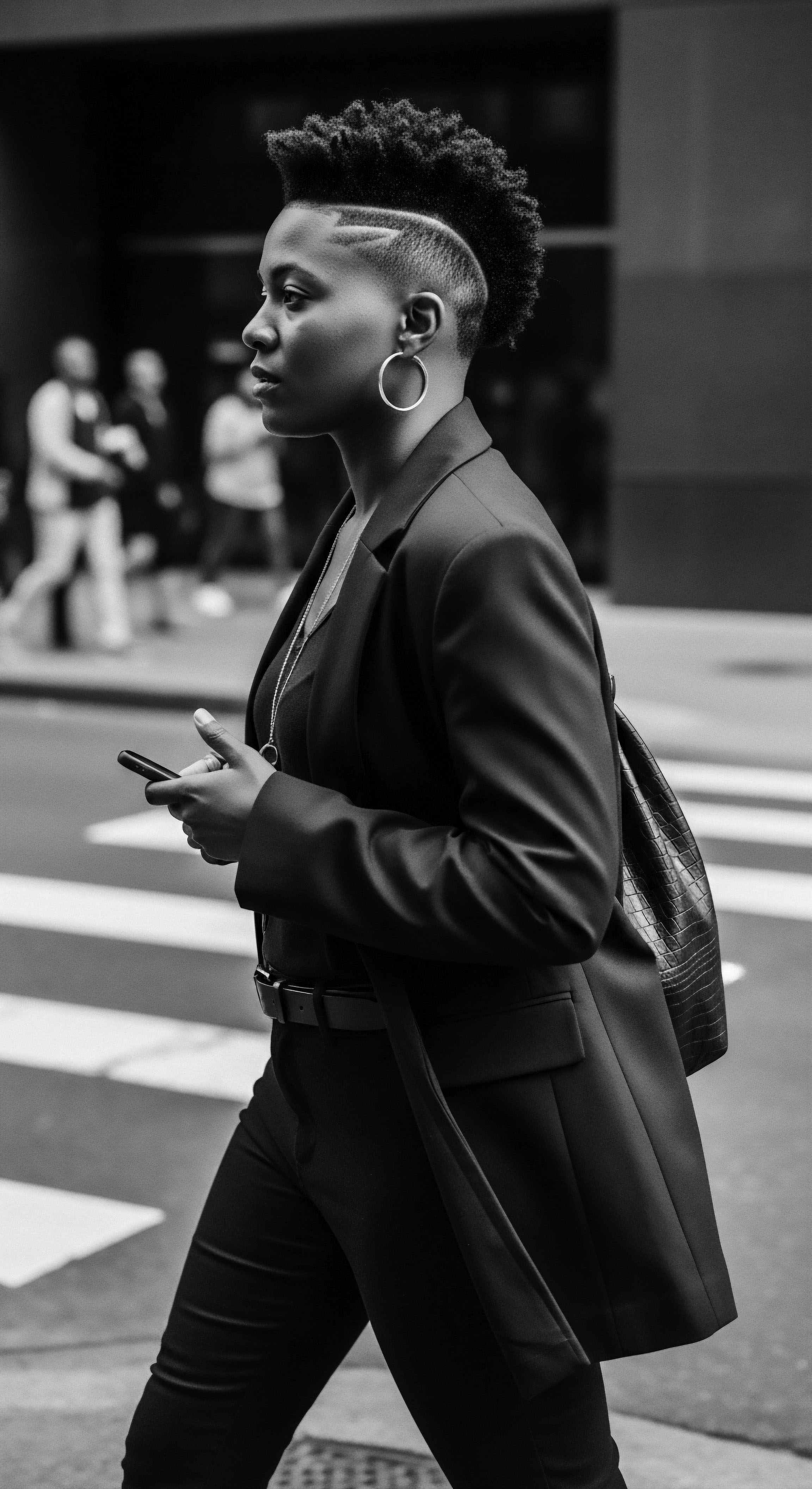
What Causes Textured Hair to Dry from Urban Air?
Urban air introduces pollutants and mineral-rich water that compromise textured hair's natural moisture retention, challenging inherited hair care traditions.
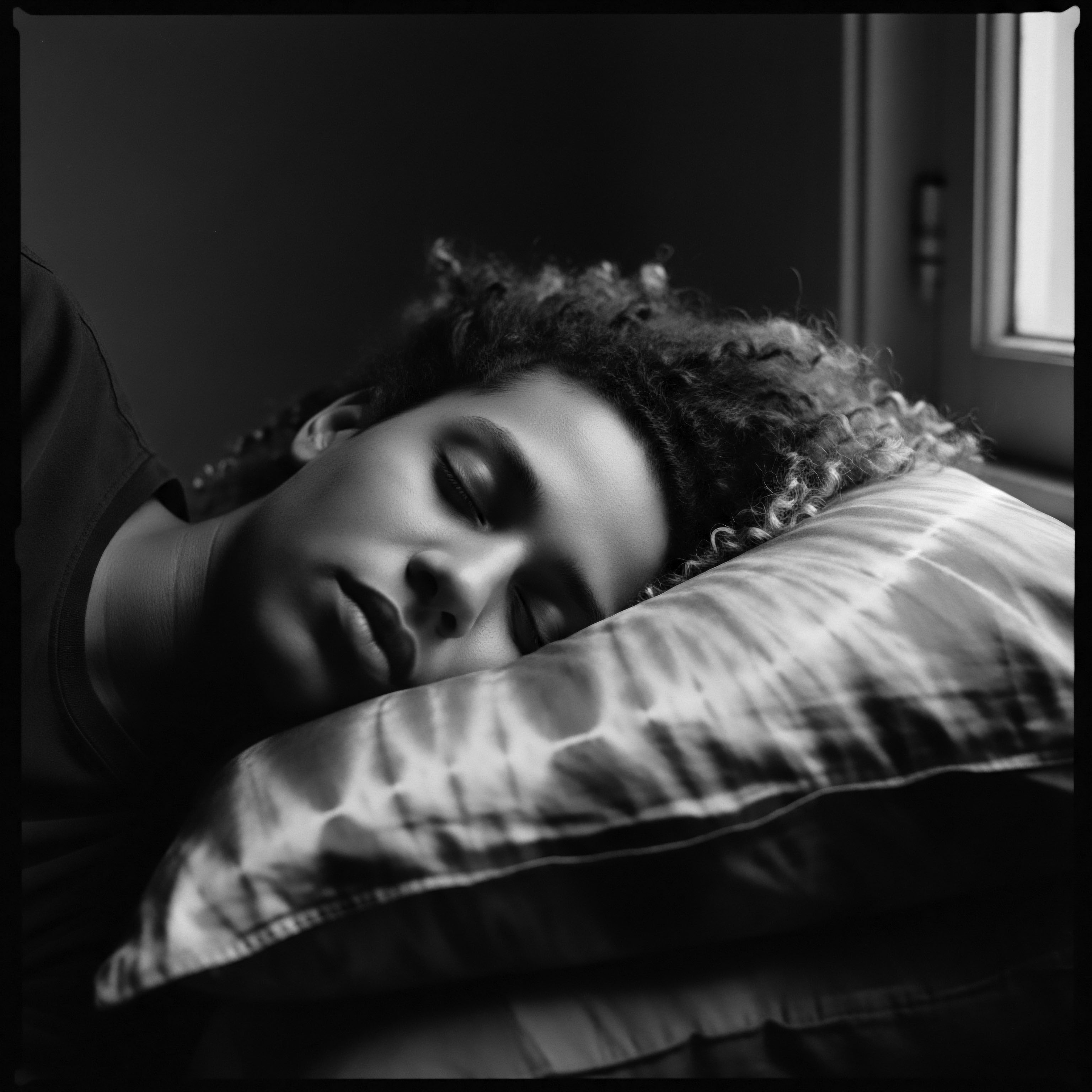
Water Science
Meaning ❉ Water Science is the study of how water interacts with textured hair, encompassing ancestral care wisdom and modern biophysical understanding.
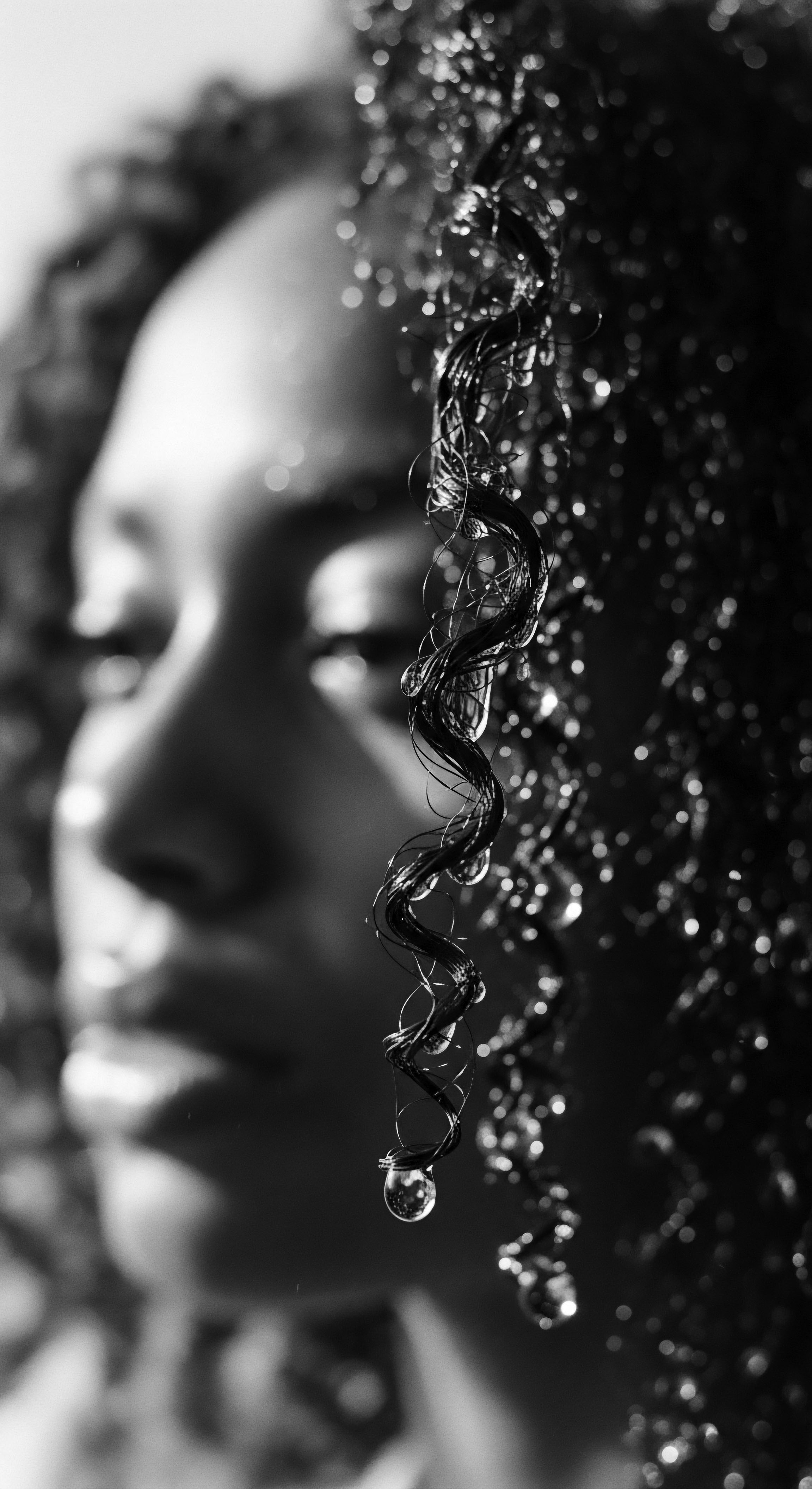
How Do Hard Water Minerals Impact Textured Hair Traditions?
Hard water minerals coat textured hair, disrupting moisture balance and affecting traditional care, an enduring heritage challenge.
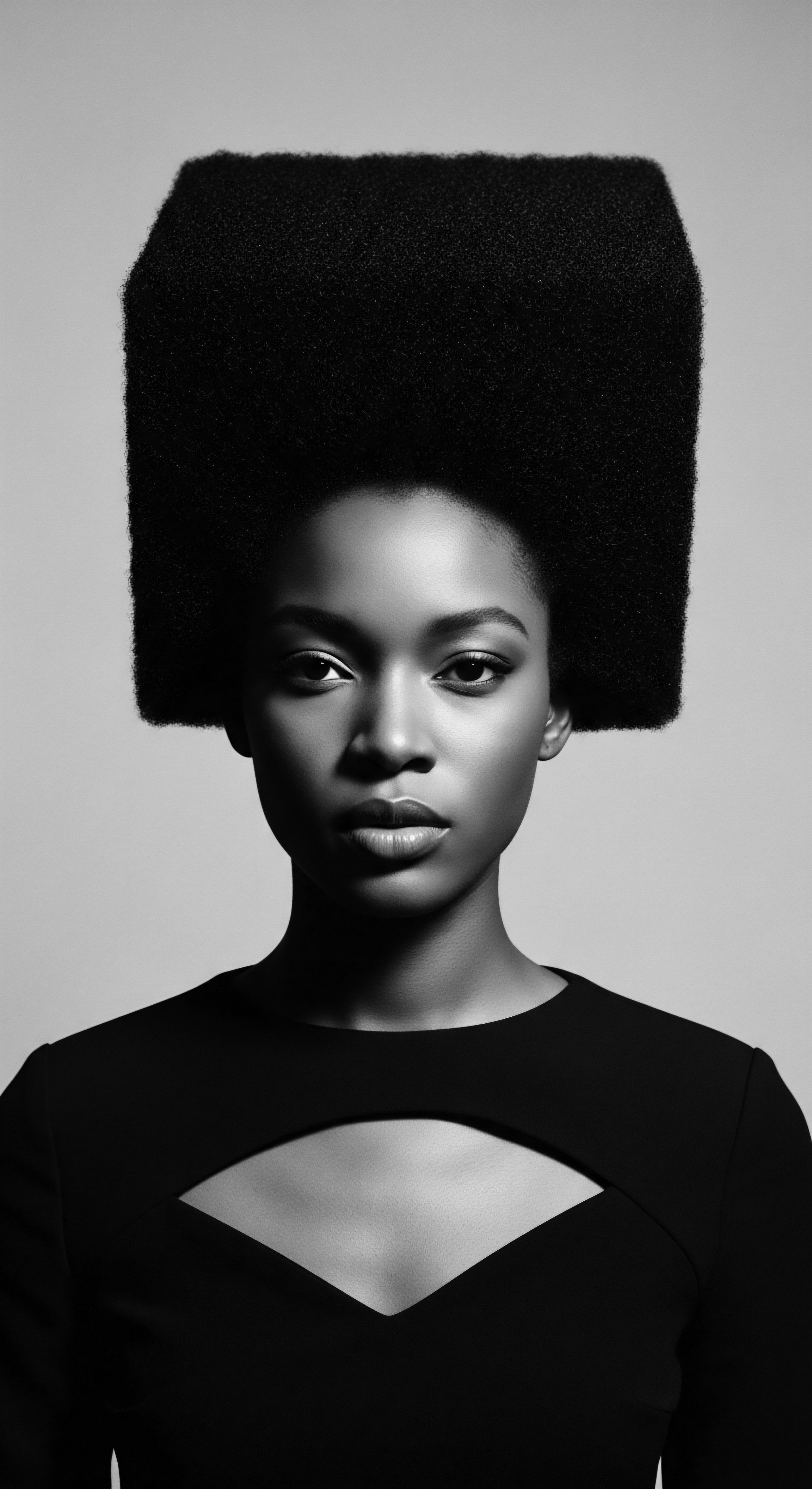
Lemon Hair Care
Meaning ❉ Lemon Hair Care defines the ancestral and contemporary utilization of citrus limon for textured hair health, deeply rooted in heritage and cultural practices.
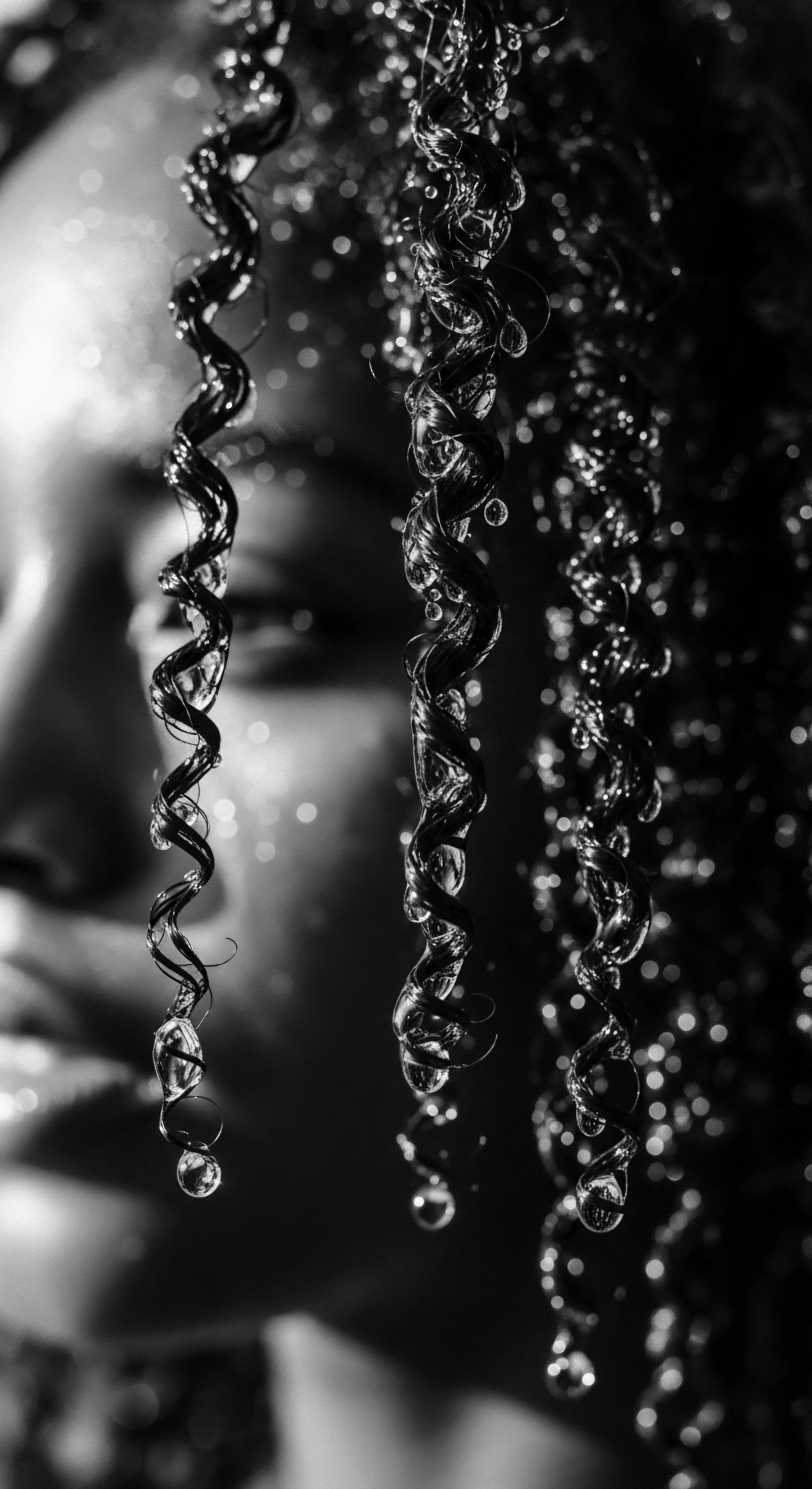
Do Water Softeners Truly Help Textured Hair?
Softened water reduces mineral buildup, allowing textured hair to retain moisture and better receive ancestral and modern conditioning treatments.
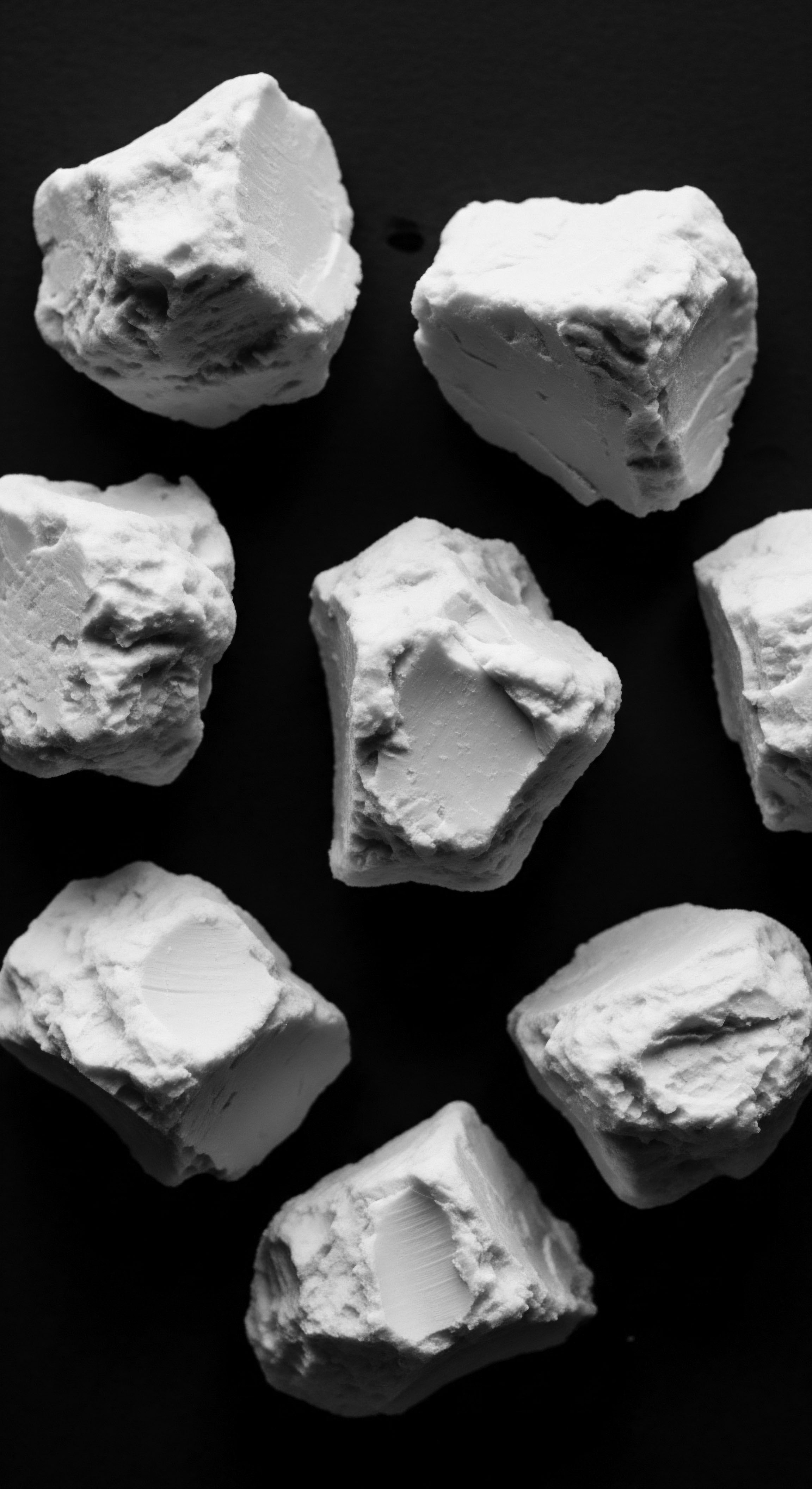
Hair Chelation
Meaning ❉ Hair chelation is a specialized cleansing process removing mineral deposits from hair, restoring its natural vitality and responsiveness.
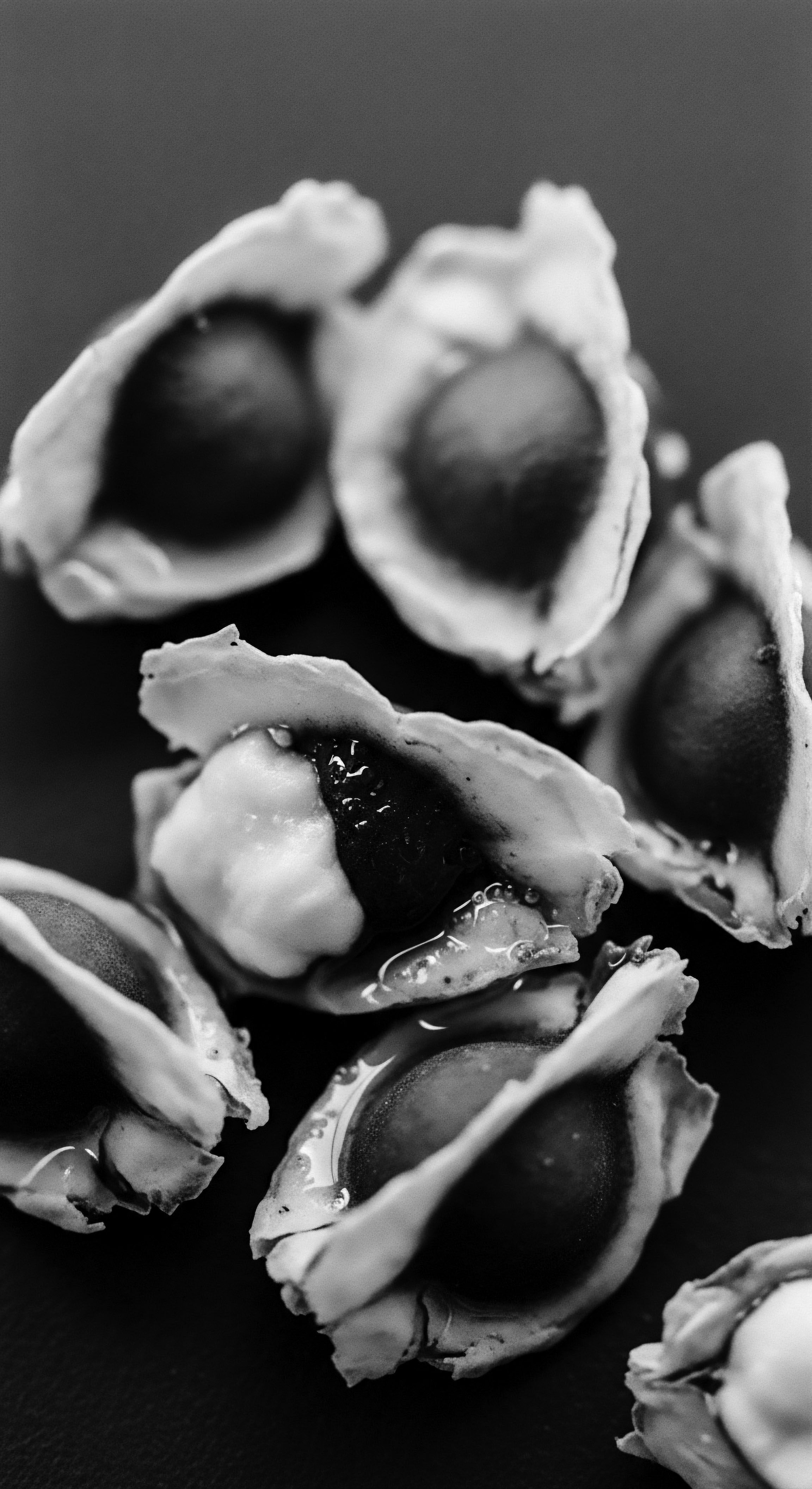
Water Filtration
Meaning ❉ Water filtration is the process of removing impurities from water, crucial for textured hair health and integral to its heritage of care.
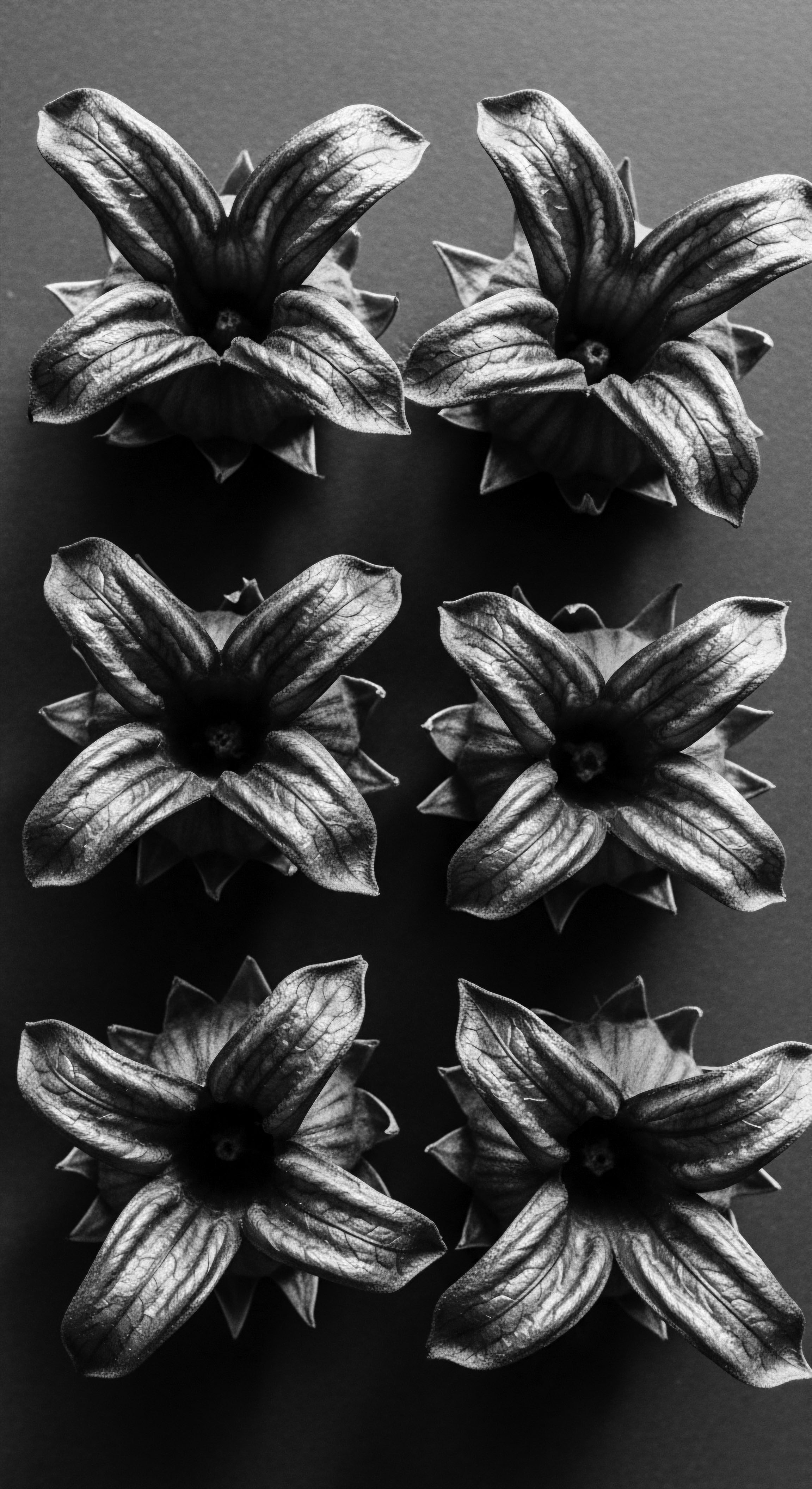
Mineralization
Meaning ❉ Mineralization in hair denotes the processes of mineral interaction, both inherent and environmental, influencing hair structure, health, and its deep connection to cultural heritage.

Why Do Minerals in Hard Water Affect Textured Hair?
Minerals in hard water deposit on textured hair, diminishing its moisture and elasticity, a challenge echoed in ancestral care traditions.
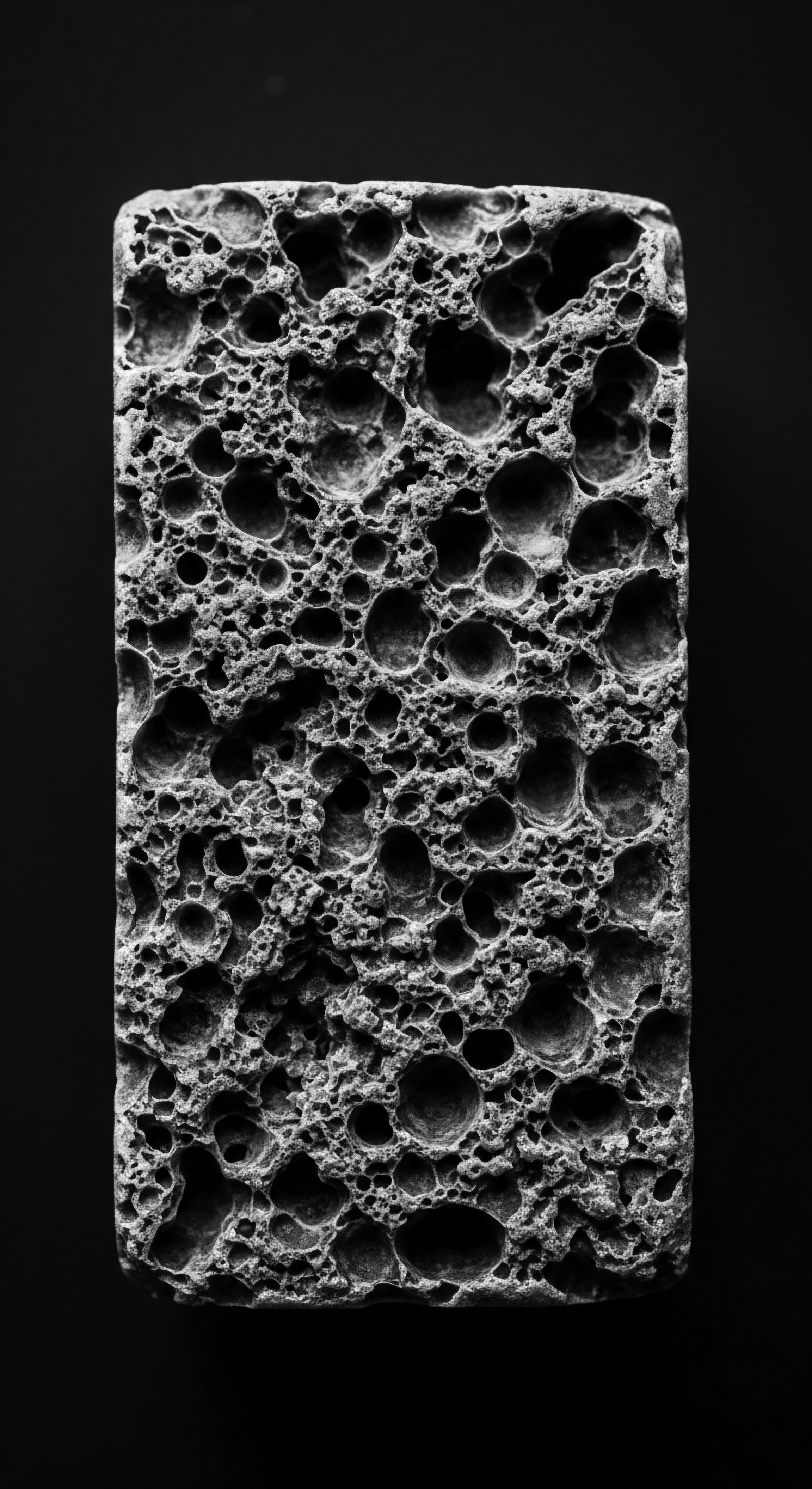
Why Do Textured Strands Require Specific Purification Methods?
Textured strands need specific purification to respect their unique structure, preserving moisture and honoring ancestral care traditions.
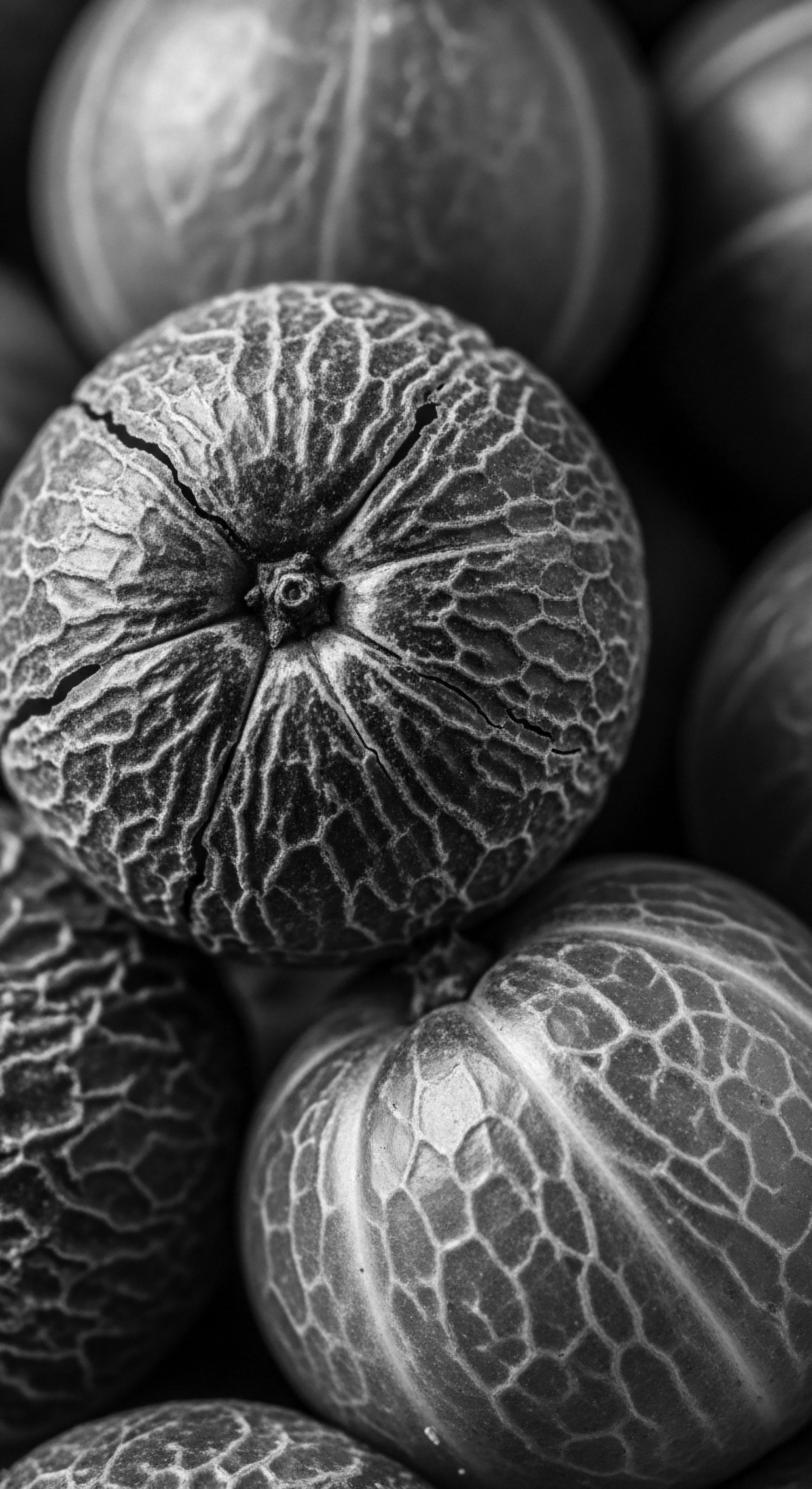
Redlining Environmental Impact
Meaning ❉ Redlining Environmental Impact reveals how discriminatory housing policies created environmental inequities affecting community health and textured hair heritage.
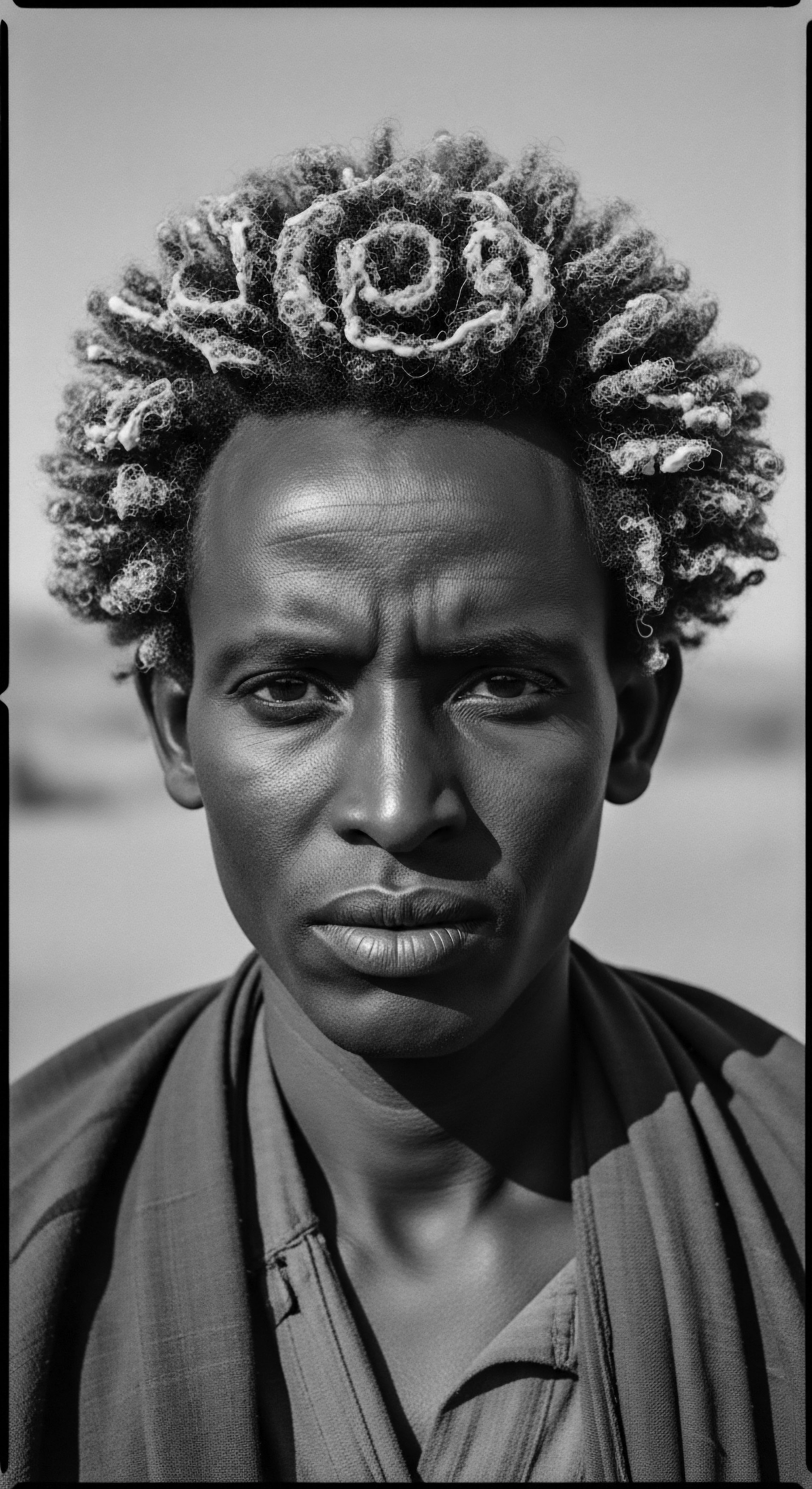
Which Plant Compounds Improve Water for Textured Hair?
Plant compounds improve water for textured hair by chelating minerals, balancing pH, and adding beneficial mucilage, honoring ancestral practices for healthier strands.
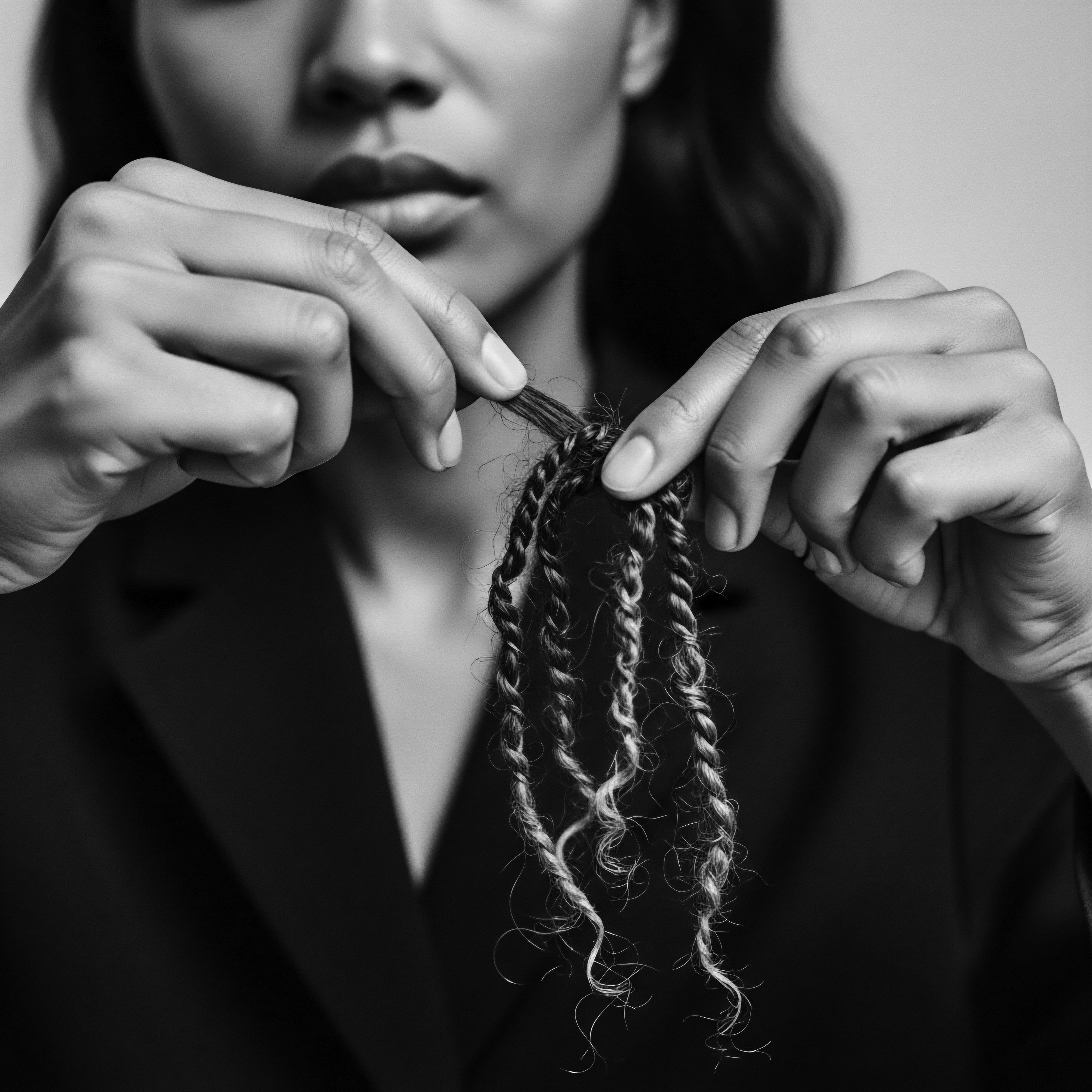
Water & Hair
Meaning ❉ The core relationship between water and textured hair, rooted in heritage, defining its essential role in hair health, care, and cultural identity.
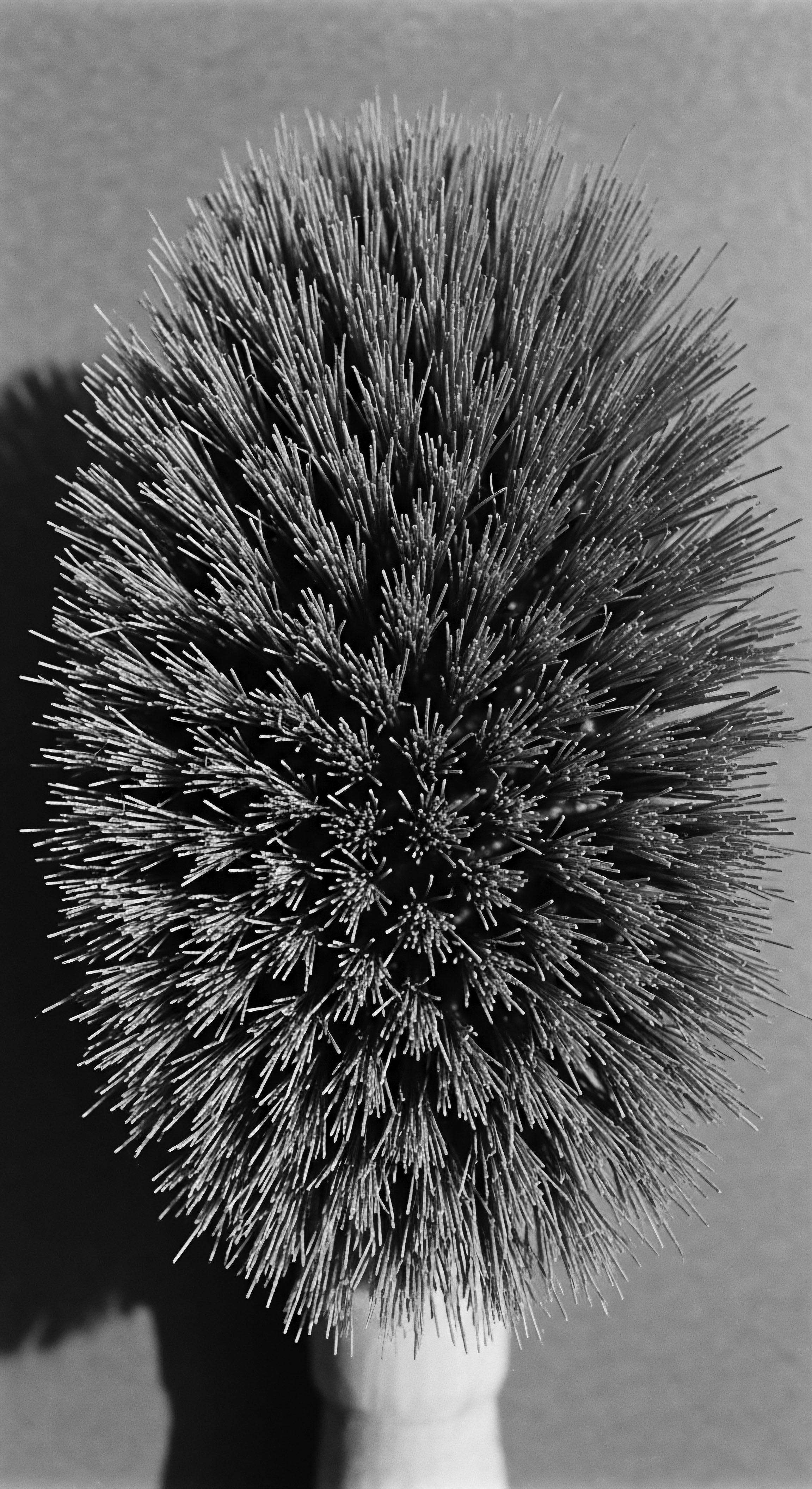
Environmental Hair Strain
Meaning ❉ Environmental Hair Strain refers to the quantifiable degradation of textured hair due to cumulative environmental stressors, understood through ancestral practices and modern science.
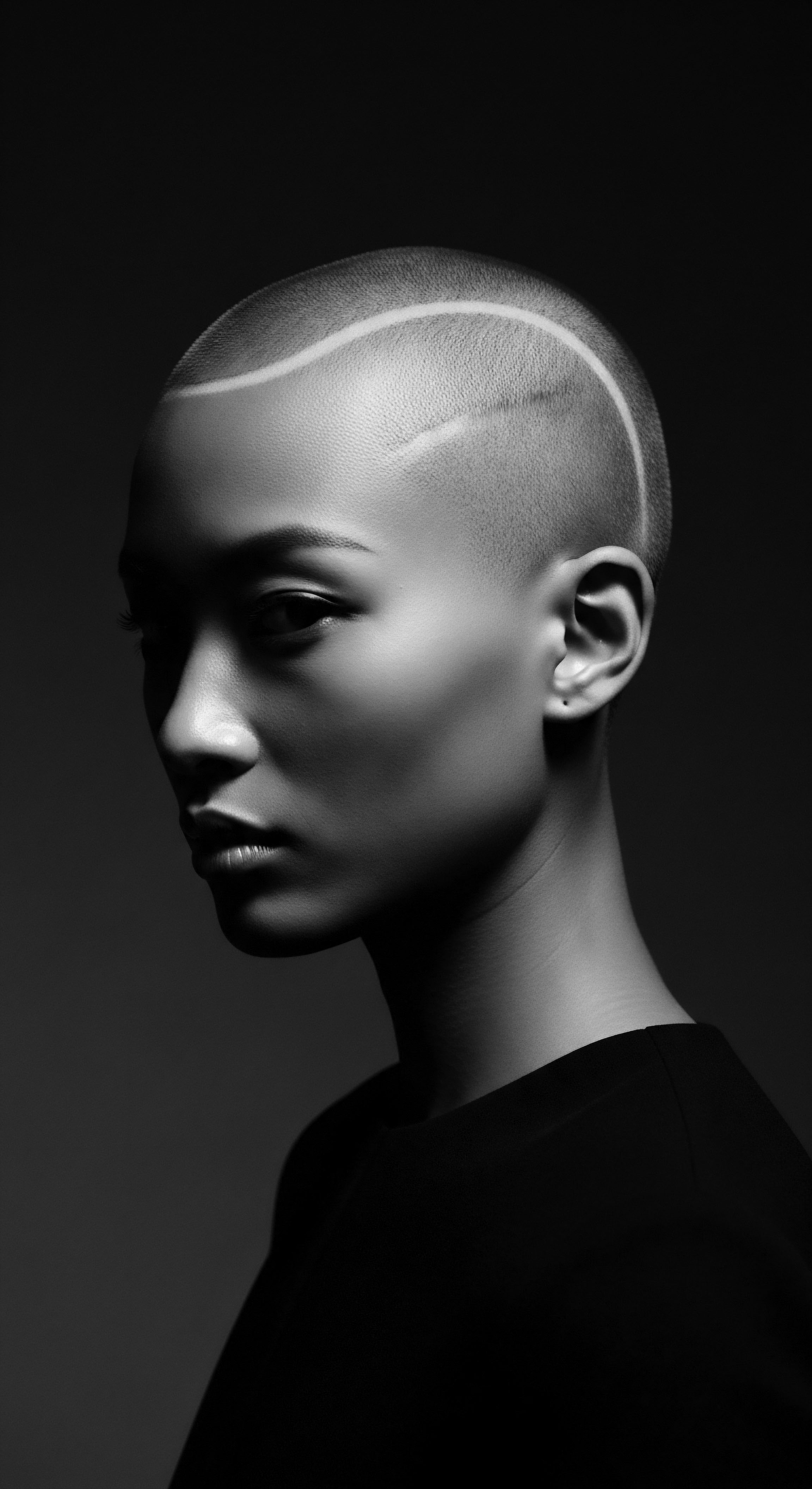
Environmental Intolerance
Meaning ❉ Environmental Intolerance describes how textured hair and scalp react adversely to external factors, challenging its inherent resilience.
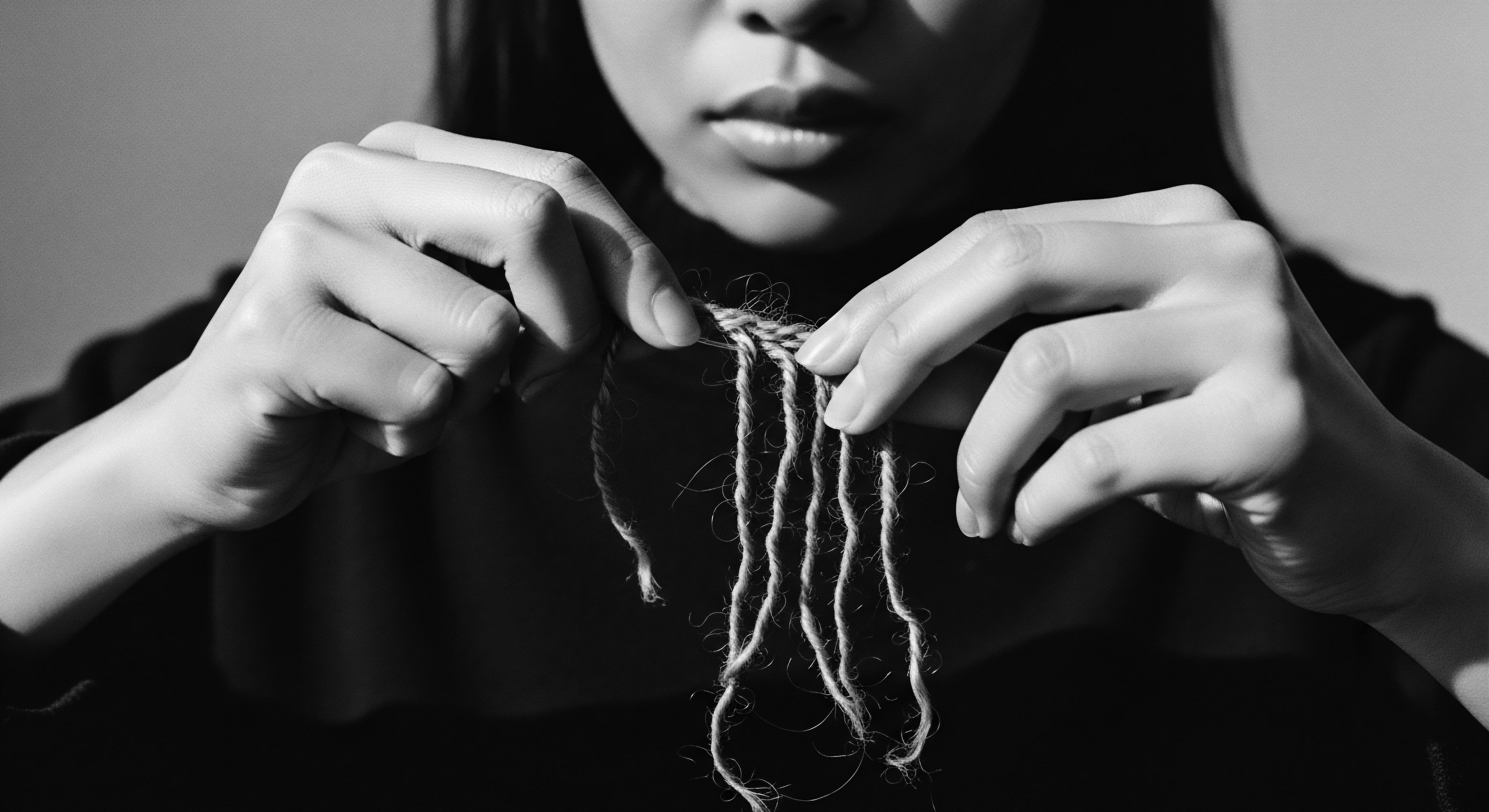
Hard Water Buildup
Meaning ❉ Hard water buildup is the accumulation of minerals on hair, impacting its texture and requiring specific care approaches informed by heritage.
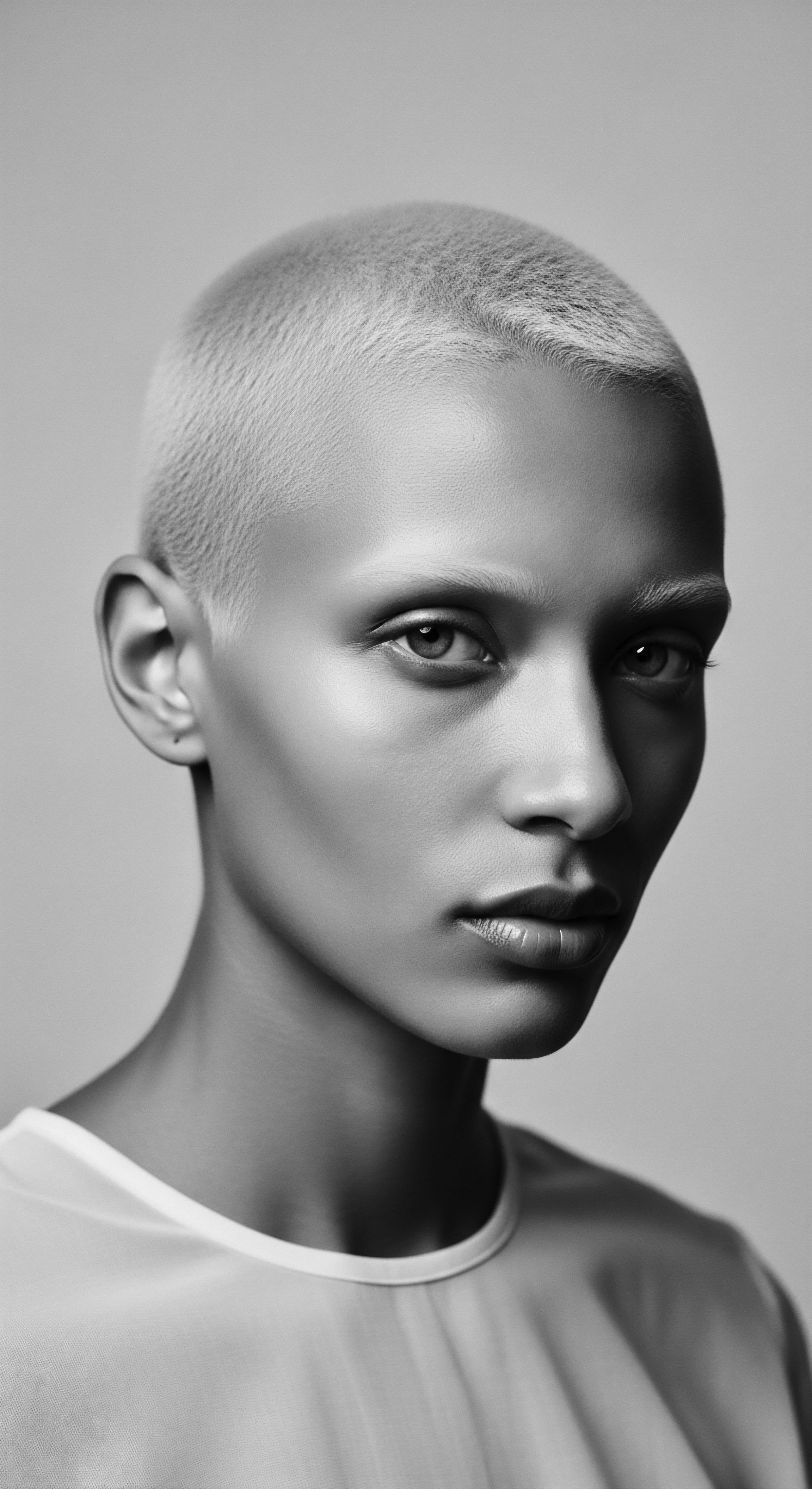
Can Hard Water Influence Textured Hair Elasticity and Its Heritage?
Hard water minerals compromise textured hair elasticity, a challenge ancestral practices addressed with profound heritage wisdom.

